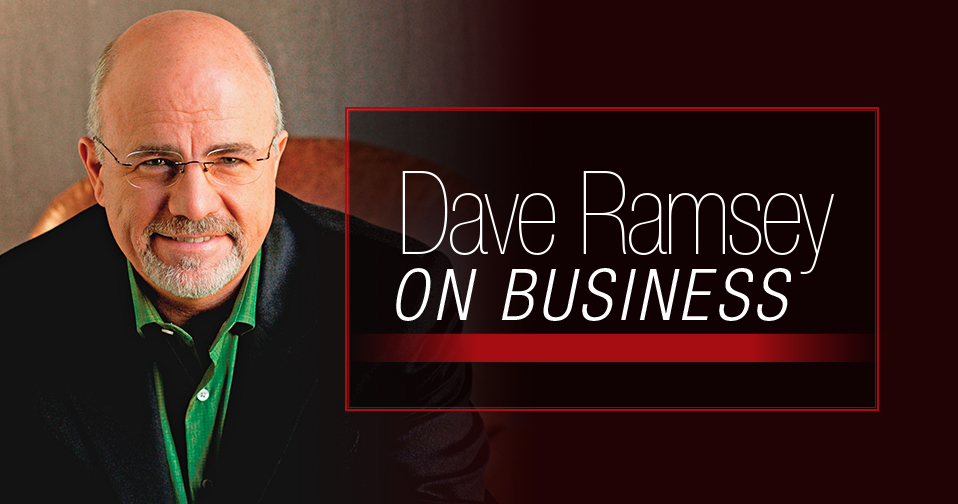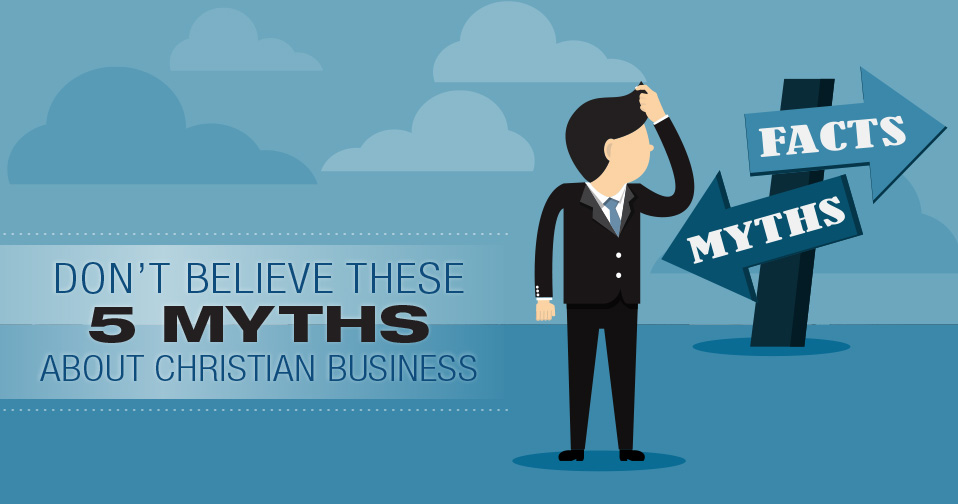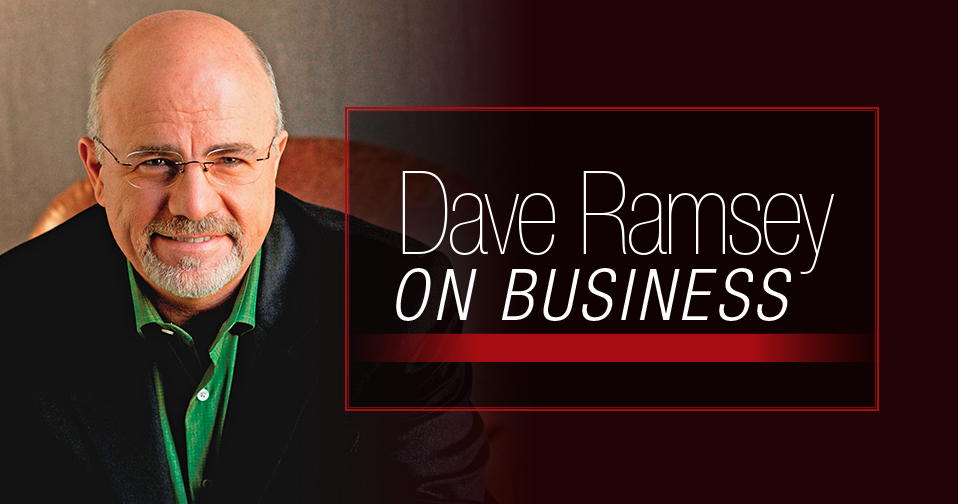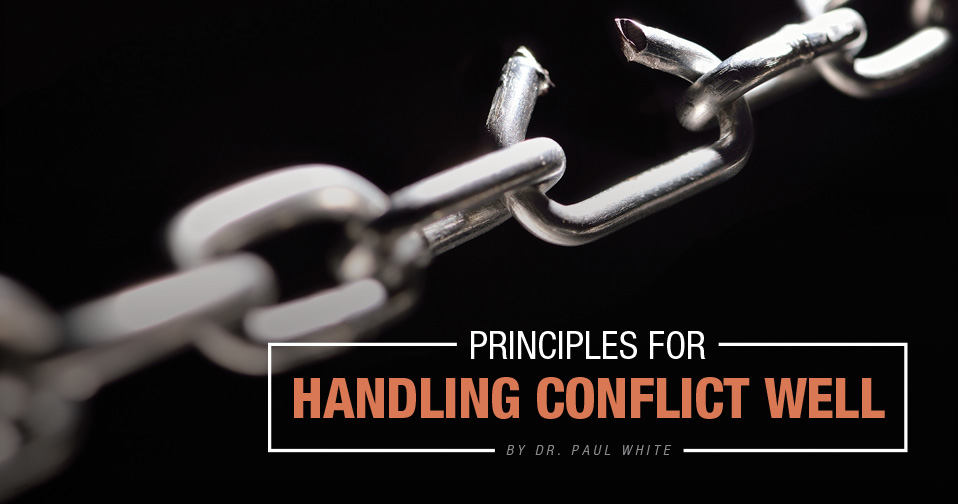Ask Dave On Business With Dave Ramsey

SETTING UP A SMALL BUSINESS EMERGENCY FUND
- Dear Dave,
How do you set up a solid emergency fund for a small business?
— Eric
- Dear Eric,
In business, we would name it a little bit differently. Instead of an emergency fund, we’d call it “retained earnings,” but it’s still the same thing. Retained earnings serve several purposes. They could act as an emergency fund, or they could be used to expand the business and launch a new product line. You could also use retained earnings to take advantage of opportunities in the marketplace. This means you could buy out a competitor or buy up additional inventory at a great price. All businesses have cash needs to stay open and keep moving forward. Your retained earnings could easily be a pretty large account. Of course, you can keep them in a simple business account. That’s not a big deal. But in terms of the amount of retained earnings, I wouldn’t be in panic mode if I didn’t have three to six months of expenses like with an emergency fund in personal finance. That could be a lot of cash, but then you’d be acting as your own credit line too. That’s how I would do it, Eric. Open an account, call it retained earnings and let that one big chunk of liquidity (that big pile of cash) serve several of your business needs—including the need to stay out of debt!
— Dave
Do employees need to know?
- Dear Dave,
I’m the bookkeeper at my husband’s law firm. He wants to share the books with employees, and I’m not comfortable with the idea. What do you think?
— Jennifer
- Dear Jennifer,
Let me first say that I love to share with my team. In many cases, sharing creates unity. But in this scenario, I think you’re right. There should be a separation where very few people inside the organization know the entire picture. Unless you’ve grown and run a business, you probably don’t realize how many people there are who don’t know the difference between things like gross revenues and net profit. A lot of them would look at the top line and say, “Wow, that department is bringing in $1 million!” But they have no idea that it cost $980,000 in expenses to bring in $1 million, and the silly thing only netted $20,000. There aren’t many people who have the talent, maturity and emotional strength to keep and handle information like that, and not let it ruin them. And the ones who do generally end up being great CFOs, controllers and bookkeepers. I’m afraid you’re going to create more division than unity if you follow through with your husband’s idea. This isn’t paranoia speaking, Jennifer. I’m just trying to help you both be wise.
— Dave
What is a free market?
- Dear Dave,
What is your definition of a “free market?”
— John
- Dear John,
Like with a lot of economic terminology, the politically-correct police have redefined some things lately. So, you might get varying definitions of the term “free market.” Simply put, a free market is when buyers and sellers are free to do business. If you want to buy a shirt and there’s no impediment to you buying that shirt other than the cash you have in hand, and the seller is allowed to sell that shirt with no barriers or impediments on their end, that’s a free market. Markets that are less than free are regulated markets, and the more regulation there is, the more the market slows down. Free markets have a tendency to be more efficient, and they create things like supply and demand curves. Supply and demand curves work better when there’s not a lot of regulation slowing down the speed of people doing business. Now, some folks argue that regulation is needed because people are immoral and will take advantage of others if they’re not regulated. That’s certainly a reasonable argument. The problem is this: like so many other things that are reasonable, when taken to an extreme, it becomes unreasonable.
— Dave

By: Dave Ramsey
Dave Ramsey is America’s trusted voice on money and business. He’s authored four New York Times best-selling books: Financial Peace, More Than Enough, The Total Money Makeover and EntreLeadership. The Dave Ramsey Show is heard by more than 6 million listeners each week on more than 500 radio stations. Follow Dave on Twitter at @DaveRamsey and on the web at daveramsey.com.
Read More Articles by Dave Ramsey





